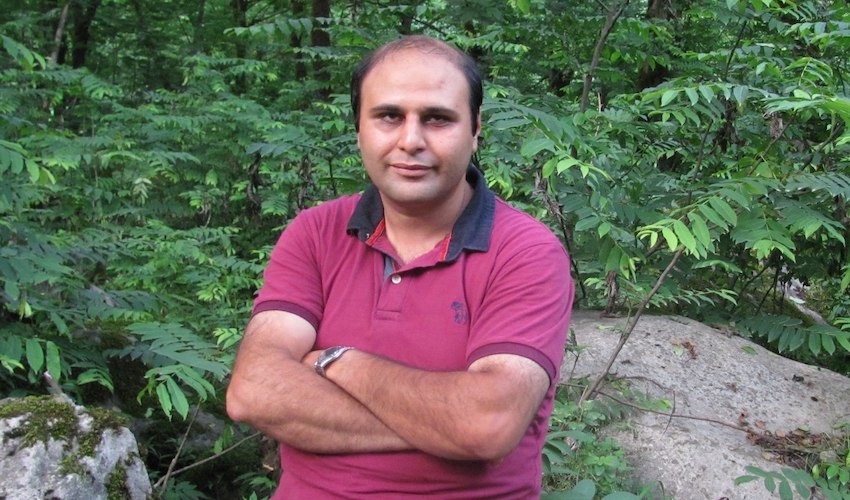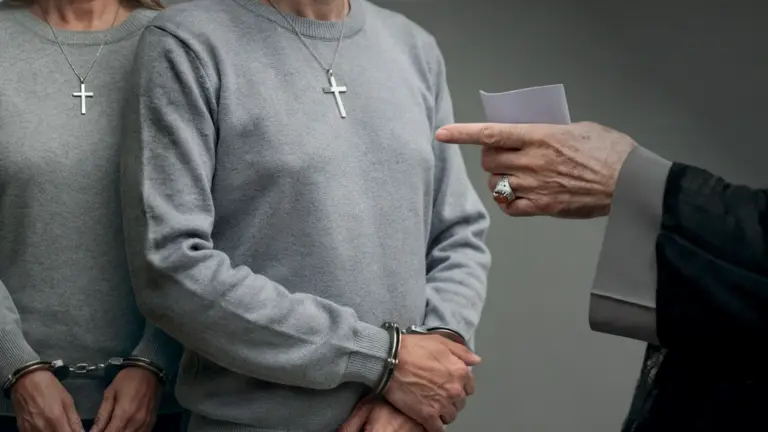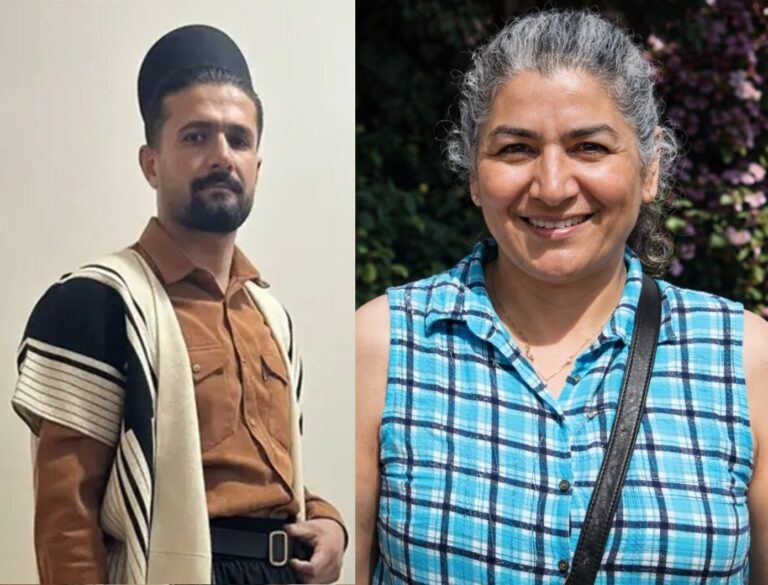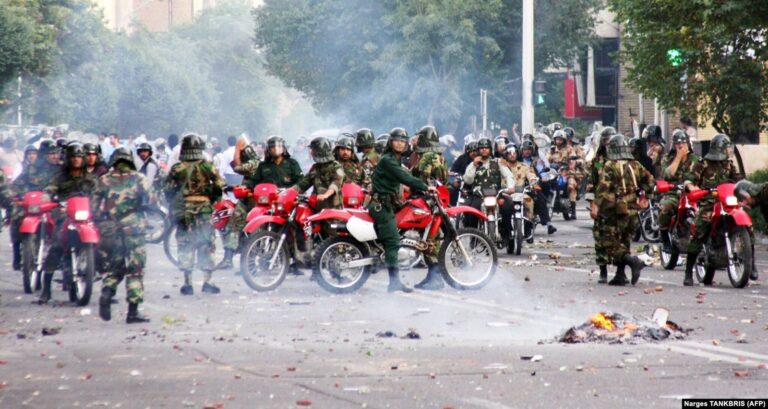
A childhood friend of the Assyrian Christian killed during the protests in Iran has told Article18 he was “one of the kindest men I ever met”.
Ashoor Kalta, 37, was killed as he passed by the protests in his car in his home city of Fardis, near Tehran, on Sunday 16 November. His family were eventually able to recover his body from the morgue and to hold a small funeral for him last Thursday, 21 November.
His childhood friend, Omid Moludy, who is now an Anglican priest in the UK, shared with Article18 some of his fondest memories of their days together in Tehran:
How long had you known Ashoor, and what was he like?
“I had known Ashoor for some time, from when we were around 13 or 14.
“Ashoor was one of the kindest men I ever met. He was a very kind-hearted, soft man. He wasn’t really a man of arguments, or politics, or anything like that. He just was a people-person, kind and caring.
“And I remember when we used to gather in a place for prayer and reflection, he always offered his home – with a kind heart he opened his home and his heart to us.
“And Ashoor, I think the best quality he had, he had a pure heart and was very, very kind. A very kind, simple man.
“It’s so difficult for me to talk about him, because we knew each other for so many years, and we still were in touch – on Facebook and by phone – and suddenly he’s gone. And for what? … For nothing.”
What do you remember about his family?
“His father was retired from the military and passed away a few years ago.
“They had a two-storey small building, and upstairs was Ashoor’s room. And we always were welcome to go and meet there.
“And usually when we entered Ashoor’s home, his father, the first thing he did after he greeted us, his father asked me to do some kind of examination or word puzzle. He would say, ‘OK, do some word puzzle before you go upstairs!’
“It was very funny… He was a very kind man.
“And he has an old mother. He stayed to look after his mother, because they have four children: two emigrated to the United States, one of them died a long time ago – about maybe 20 years ago, when he was in military service – and Ashoor stayed in Iran to look after his mother.
“And at the moment his mother has no-one really to look after her. She has no-one in Iran.
“He was a kind man to look after his mother, caring for his old mother. And I’m really worried about the future of his mother.”
What do you remember about her?
“She was kind, caring, and always with some cookies for us! And she was a quiet lady, not talking too much.
“I think these days she is elderly, over 70, 75, if I’m not mistaken, because she was about 60 years old when we used to meet together.”
What are your other memories of Ashoor?
“We were always playing football as young teenagers in the church yard, and you know, sometimes football goes into conflict and misunderstanding and rudeness. And Ashoor was always in the middle to calm everyone down. He was coming and saying, ‘It’s just football!’
“… Still I’m in shock. You know, I can’t believe it. Because for me the question is, ‘Why him?’ Because many of us were troublemakers, or very political, but Ashoor wasn’t.
“Ashoor was a very simple man, who wanted to have a happy life and look after his mother.
“His best quality was kindness. I think if you talk to anyone who knows Ashoor, they would talk about his kindness. And he wasn’t a complicated person. He was simple, kind-hearted, funny.”
When did you last speak?
“I think it was a few years ago now. We just talked about wishing we could meet again very soon, and hoping he could obtain a passport so he could come out, but still he was worried about his mother.”



0 Comments
Trackbacks/Pingbacks